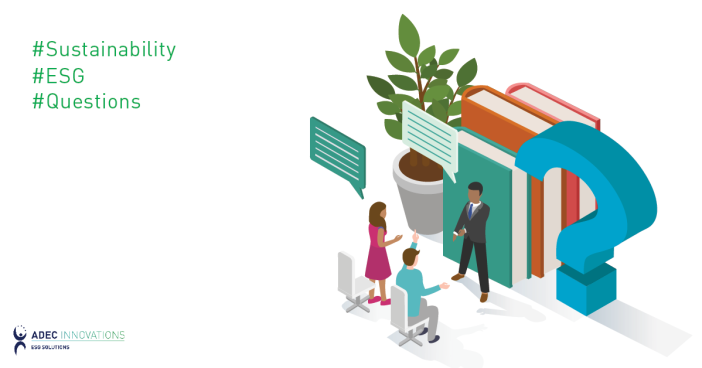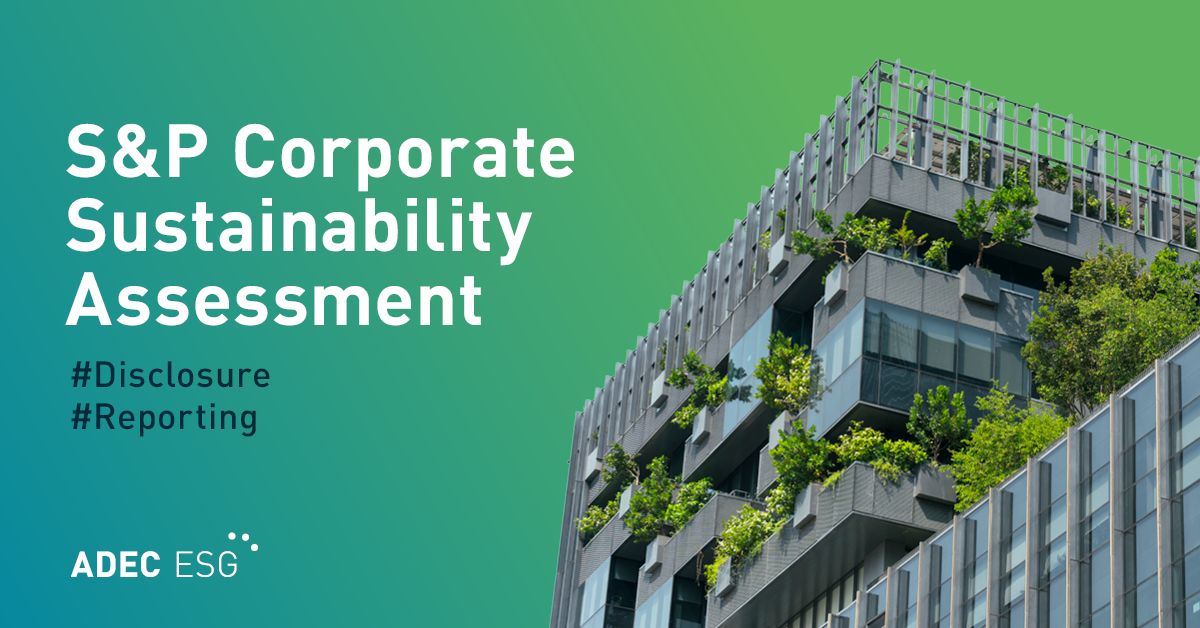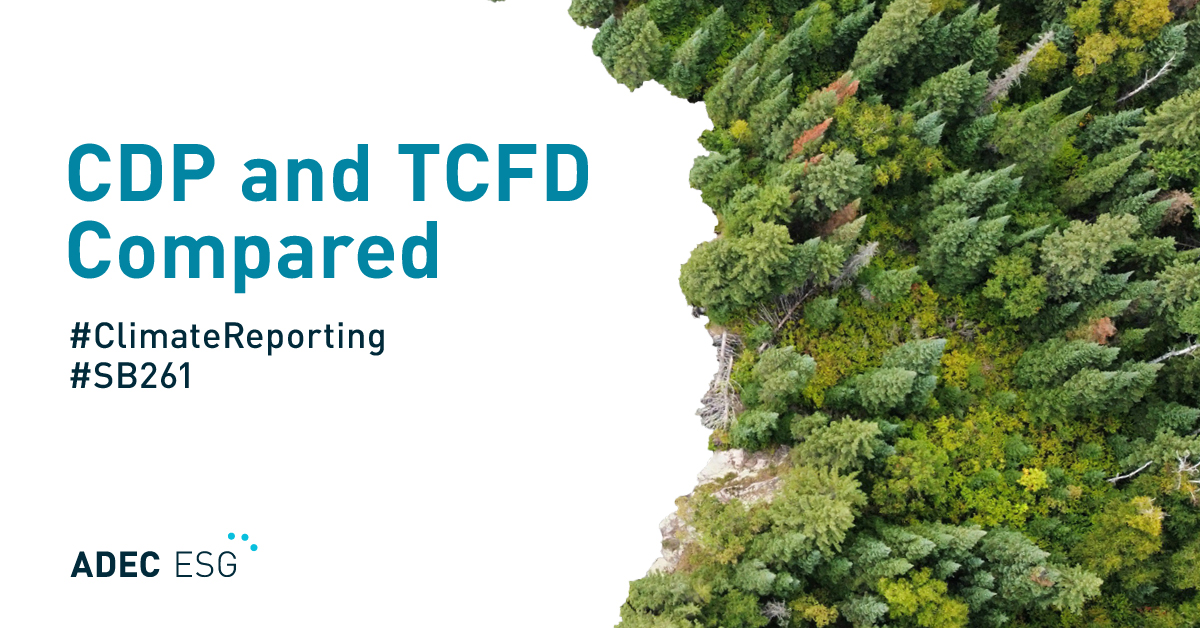The sustainability space is full of industry-specific acronyms and terminology. Many of these terms started as purely technical but have evolved into just another part of day-to-day operations in our increasingly sustainability-focused world.
To help familiarize readers with these terms, the FAQ section of our website goes over several questions our team of experts is often asked. Today, we’re rounding up a handful of our most popular questions and answers.
What is ESG?
ESG—short for environmental, social, and governance—encompasses a set of factors that contribute to an organization’s sustainability. These factors are diverse and vary depending on the industry, location, size, and other details specific to each organization. They may include—and are not limited to—topics such as progress on GHG emissions reduction goals, wastewater management and mitigation, workplace health and safety, diversity and inclusion, defining director-level connections with ESG performance, and many more.
- Environmental factors address a company’s stewardship of the environment and focus on topics like waste and pollution, resource use, GHG emissions, deforestation, and climate change.
- Social factors typically describe how a company treats people and focus on topics such as employee relations and diversity, working conditions, local communities, health and safety, and conflict.
- Governance factors look at corporate policies and how a company is governed. This includes tax strategy, executive remuneration, donations and political lobbying, corruption and bribery, and board diversity and structure.
A company’s ESG performance is also tied to its risk profile, overall resilience, and financial outlook. As a result, many investors, customers, and government agencies are asking companies to disclose on ESG data, risks, and opportunities, and reporting is becoming mandatory in countries around the world.
Learn more about ESG here. To find out more about how you can integrate ESG into your strategy to build overall business resilience, check out our ESG Roadmap to Resilience white paper.
What is an internal price of carbon?
An internal price of carbon refers to the value a company sets to internalize the economic cost of its GHG emissions. This allows companies to assess the financial implications of their carbon emissions, encourage improved energy efficiency, and better direct emissions mitigation.
Internal carbon pricing typically takes on one of three forms:
- a shadow price, or the estimated value of carbon to encourage low-carbon investment or cut back on high-emission sources;
- an implicit price, which is based on the cost of implementing emission reduction projects;
- or an internal carbon fee, the market value of each ton of carbon, agreed upon by all departments in an organization.
Learn more about each pricing strategy here.
What is a water risk assessment?
A water risk assessment helps a company identify and understand potential water-related risk exposure. It can also serve as a foundation for setting water-related goals and organizing mitigation strategies.
As water scarcity becomes more prevalent, businesses need to consider the holistic cost of water to their operations, reputation, and stakeholders.
Understanding water risk starts with collecting data. For more information on managing ESG data, start your Sustainability Journey here.
What is the difference between social sustainability and social responsibility?
While social sustainability refers to the people-related components of sustainability—such as fair labor practices and community engagement—social responsibility incorporates a sense of accountability into the discussion. While social sustainability asserts, “The rights and wellbeing of all humans should be protected,” social responsibility asks, “What are companies and other organizations doing to ensure that the rights and wellbeing of all humans are being protected?”
With ESG issues more and more in the global spotlight, organizations face continued pressure to adopt more socially sustainable and responsible practices.
ADEC ESG Solutions is a leading provider of sustainability solutions, including disclosure and reporting, data management, and ESG corporate strategy. Our team works to advance sustainable practices around the world by helping organizations like yours achieve their ESG goals. Explore the answers to other frequently asked questions, or subscribe to our newsletter for the latest in sustainability news and strategy.




